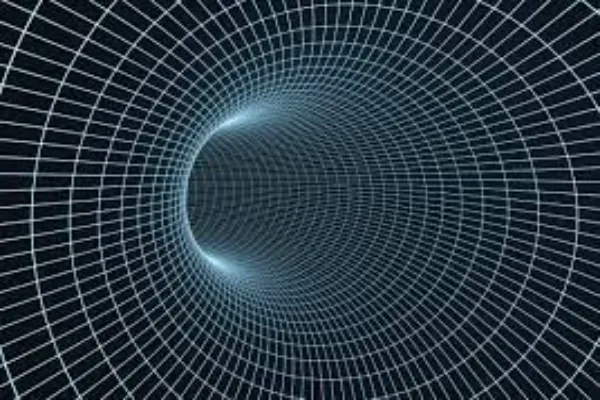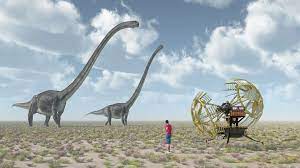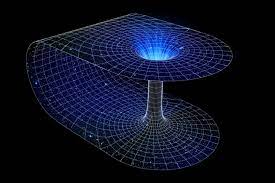Navigating the Fourth Dimension: Is Time Travel Possible

The concept of time travel, once confined to the realm of science fiction, has progressively seeped into the corridors of scientific exploration and speculation. From the imaginative tales of H.G. Wells to the intricacies of Einstein’s theories, the question of whether time travel could one day be realized continues to captivate both the scientific community and the wider public.
As researchers delve into the complexities of the space-time fabric, pondering the potential and limitations of traversing the fourth dimension, the pursuit of this tantalizing idea remains a journey of boundless fascination.
Einstein’s Trailblazing Theories About Time Travel
Central to discussions about time travel are the revolutionary theories put forth by Albert Einstein. His theory of special relativity, formulated over a century ago, unveiled the notion of time dilation – the idea that time passes differently for objects in motion relative to one another. This phenomenon has been experimentally confirmed, most notably by measuring time dilation in fast-moving particles and astronauts aboard space stations.
Einstein’s general theory of relativity deepened our understanding of gravity’s effect on time. The bending of space-time around massive objects, as demonstrated by the classic “bending light” experiment during a solar eclipse, ignited the fascination with wormholes as potential portals for time travel.
Wormholes: Cosmic Shortcuts or Paradox Factories?

The concept of wormholes – hypothetical tunnels that could link distant points in space-time – has fueled imaginations and sparked debate. These cosmic shortcuts, if they exist, could potentially connect different moments in time as well. However, the challenges associated with stabilizing and navigating wormholes remain colossal. The energy requirements, potential instabilities, and the question of whether traversable wormholes even exist in our universe are all critical uncertainties.
Wormholes also give rise to the perplexing causality paradoxes, including the famous “grandfather paradox.” If one could travel back in time and alter events, would it create a paradox where their actions negate their own existence? This conundrum, alongside similar paradoxes, presents a formidable challenge for theories of time travel.
Quantum Entanglement and Spooky Action
Recent strides in quantum mechanics have fueled fresh discussions on the plausibility of time travel. Quantum entanglement, where particles become intrinsically linked regardless of distance, has led to the consideration of “spooky action at a distance.” Some theorists propose that this phenomenon could potentially allow for instantaneous communication across vast distances, though practical time travel implications are still a matter of speculation.
Technological and Ethical Frontiers

The challenges to realizing time travel extend beyond the theoretical realm. The technological hurdles are monumental, ranging from attaining velocities near the speed of light to manipulating space-time. Yet, human innovation has repeatedly shattered barriers that were once considered insurmountable.
Ethical considerations also loom large. Altering the past, even with the best intentions, could unleash unintended consequences and existential paradoxes. The repercussions of changing history raise profound philosophical and ethical dilemmas, demanding rigorous contemplation as the boundaries between science and ethics blur.
The Temporal Frontier: Is Time Travel Possible
While the fascination with time travel continues to burn bright, the question of its eventual realization remains unanswered. Humanity stands at the precipice of scientific understanding, ready to peer into the depths of the fourth dimension. However, whether we will ever bridge the gap between theory and application is a journey riddled with uncertainty, excitement, and the thrill of exploring the unknown.
In the grand tapestry of human progress, the pursuit of time travel serves as a testament to our relentless pursuit of knowledge, our audacity to question the limits of reality, and our insatiable curiosity to uncover the secrets that lie within the intricacies of the universe.